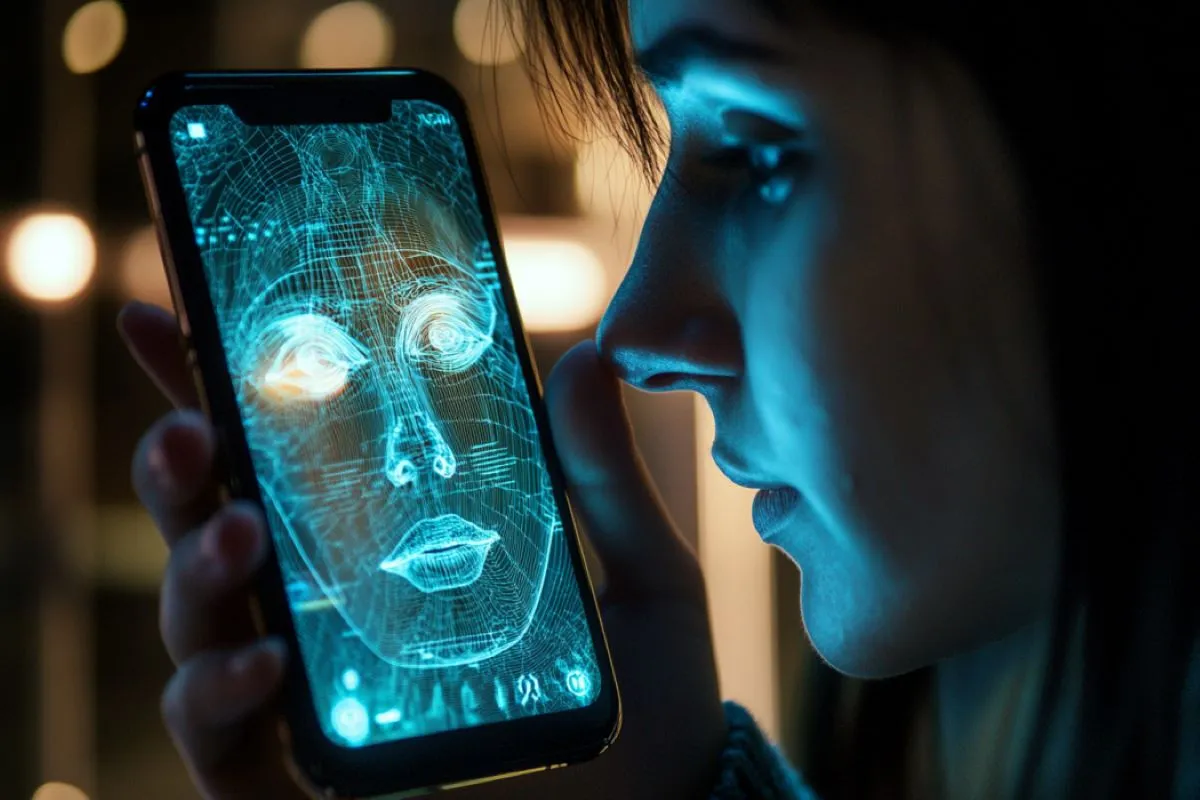AI and Mental Health: Transforming Depression Detection with Facial Cues

AI and Mental Health: Innovations in Depression Detection
AI technologies, including machine learning and deep learning, are making significant headway in detecting depression through facial cues. One such tool, PupilSense, utilizes eye measurements to discern emotional states with an accuracy of 76%. Another promising application, FacePsy, examines facial expressions and head movements to monitor mood fluctuations. These systems operate unobtrusively in the background, allowing for continuous assessment of mental health.
Understanding the Role of AI in Neuroscience
This intersection of AI and brain research is paving the way for breakthroughs in neurobiology and psychology, offering insights into the complexities of mental health. As the field evolves, institutions like the Stevens Institute of Technology are at the forefront of exploring how technology shapes emotional well-being.
This article was prepared using information from open sources in accordance with the principles of Ethical Policy. The editorial team is not responsible for absolute accuracy, as it relies on data from the sources referenced.